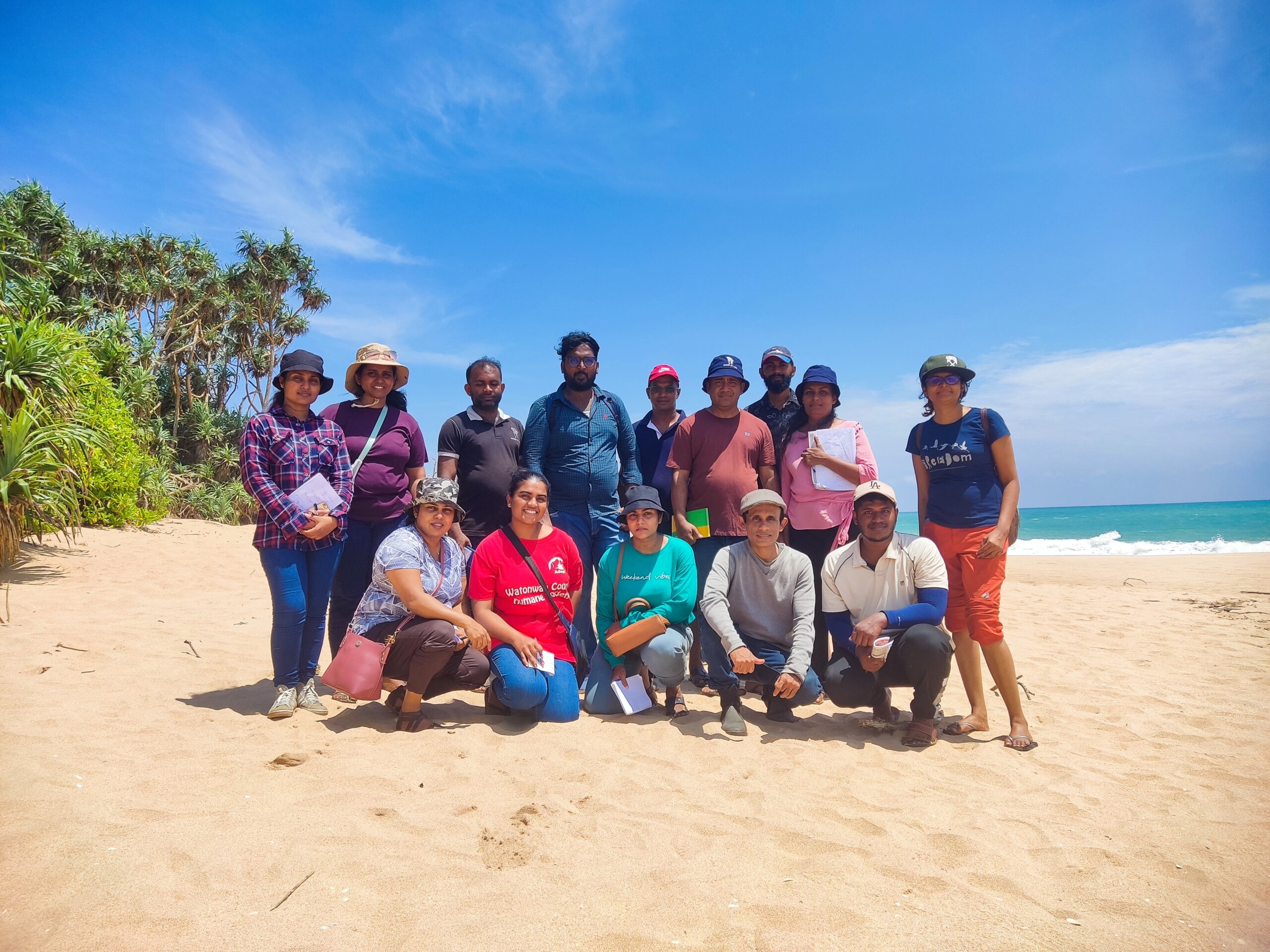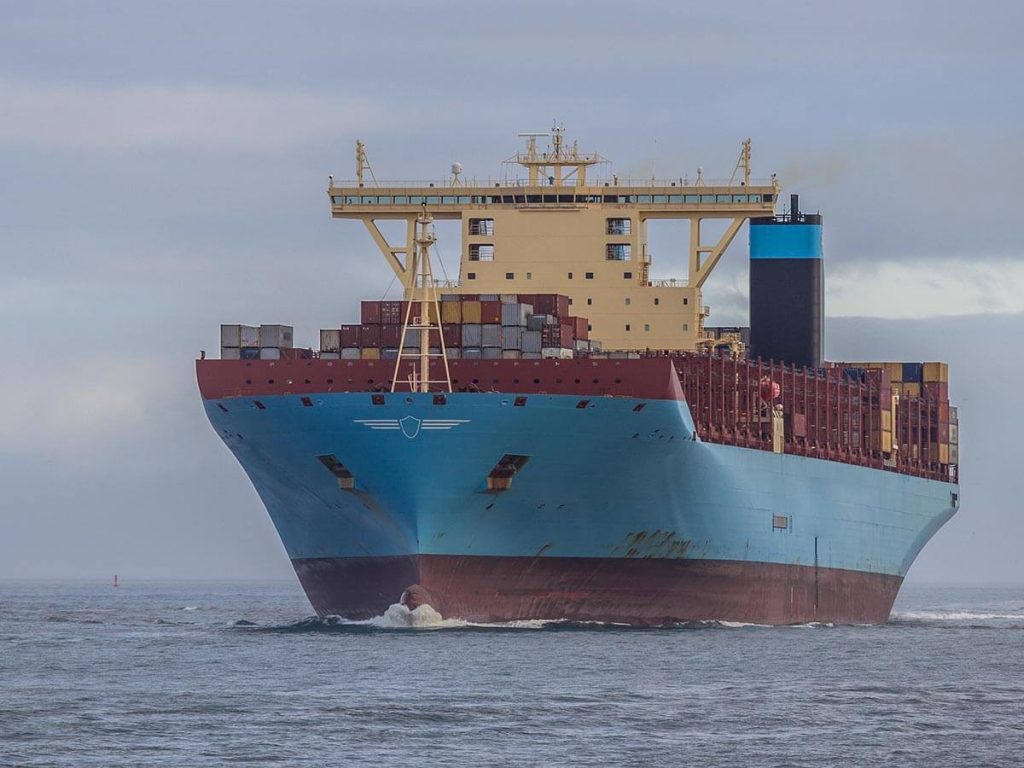Coastal and marine ecosystems play a substantial role in the country’s biodiversity and the local and national economies. However, the sustainability of these resources is highly uncertain due to the demands of the growing populations, over-exploitation, urbanization, pollution, and human-made disasters. Frequent natural disasters further exacerbate this situation.
Sri Lanka is strategically situated near the East-West shipping route where more than 60,000 ships ply annually carrying two-thirds of the world’s oil. Several large-scale marine disasters that occurred in Sri Lankan waters in the recent past caused irreversible damage to the environment, affecting the livelihoods of the coastal community and the country’s economy. The issues and problems encountered in such situations demonstrated the critical need for better governance, mechanisms, and skilled and knowledgeable human capital in the field of economics and the management of coastal resources.
The postgraduate programme in Coastal Resources Economics and Management is designed to build the human capital required to effectively manage potential marine disasters and to offer meaningful information for policymakers and resource managers about the economic significance of coastal resources for planning, restoration, and damage assessment. The programme focuses on theoretical perspectives on linkages between ecosystem services and resource management, the actual integration of valuation of information in coastal and marine resources for policy decisions, and the application of economic valuation methods to specific coastal and marine resource management problems. Since this management strategy is globally accepted, the outcome of this programme will be highly recognized.
This postgraduate programme is implemented jointly with International Union for Conservation of Nature (IUCN), Sri Lanka under the Global Environmental Facility (GEF 07) project of Natural Capital Values of Coastal and Marine Ecosystems in Sri Lanka Integrated into Sustainable Development Planning, which is executed by the Ministry of Environment.


